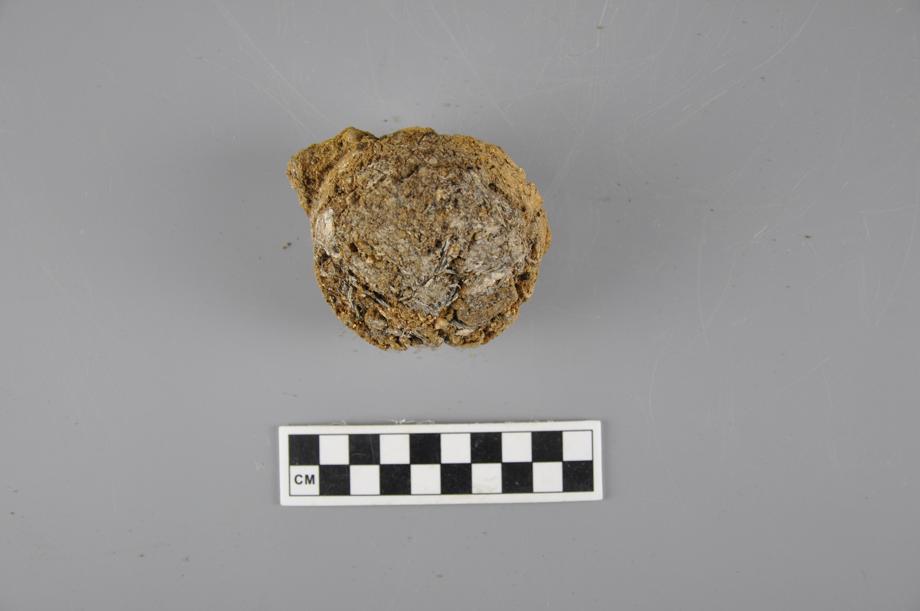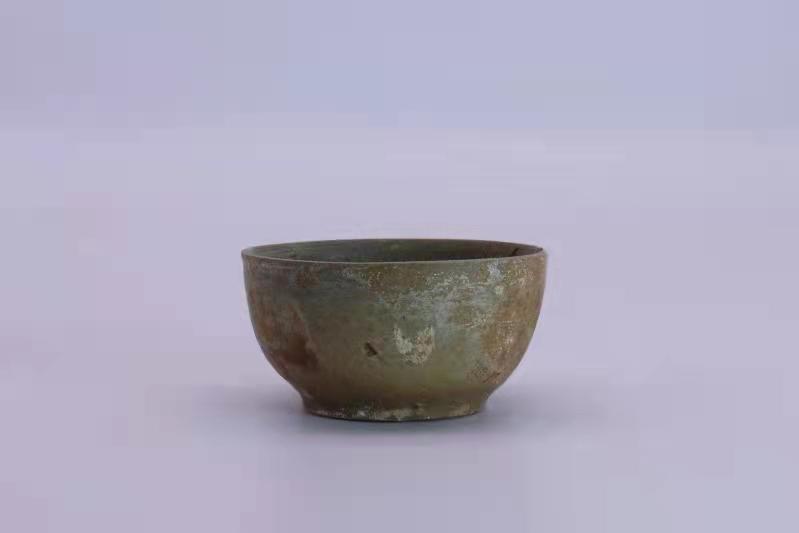Charred material in a bowl found in a tomb from the early Warring States Period (475-221 BC) in Zoucheng, Shandong province, is tea residue — what's left over after boiling or brewing — according to an analysis published in Archaeology and Cultural Relics by a team from Shandong University.

Residue from a bowl found in tomb No 1 at Xigang in the ancient capital of the Zhu Kingdom in Shandong province. [Photo provided to chinadaily.com.cn]
The discovery is physical evidence of tea in the 453-410 BC period, making it the oldest tea remains in the world, the article said.

A bowl found in tomb No 1 at Xigang in the ancient capital of the Zhu Kingdom in Shandong province contained tea residue. [Photo provided to chinadaily.com.cn]
Scientific analysis of the residue was done using techniques such as Fourier transform infrared spectroscopy (FTIR), Gas Chromatograph Mass Spectrometer (GC/MS) and thermally assisted hydrolysis-methylation Pyrolysis Gas Chromatography Mass Spectrometry (THM-Py-GC/MS).
Modern tea and tea residue were used as reference samples.


